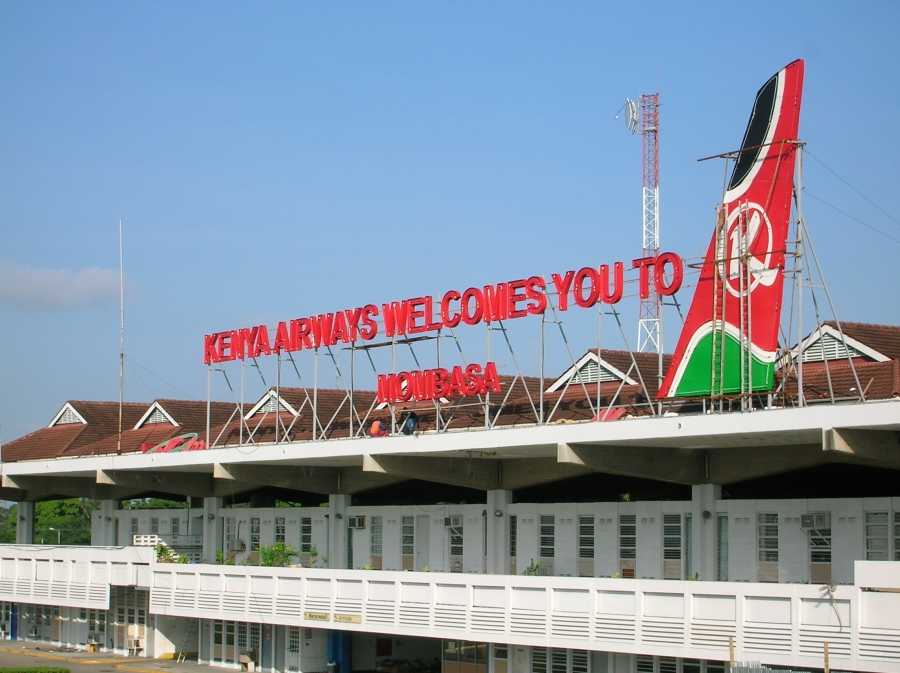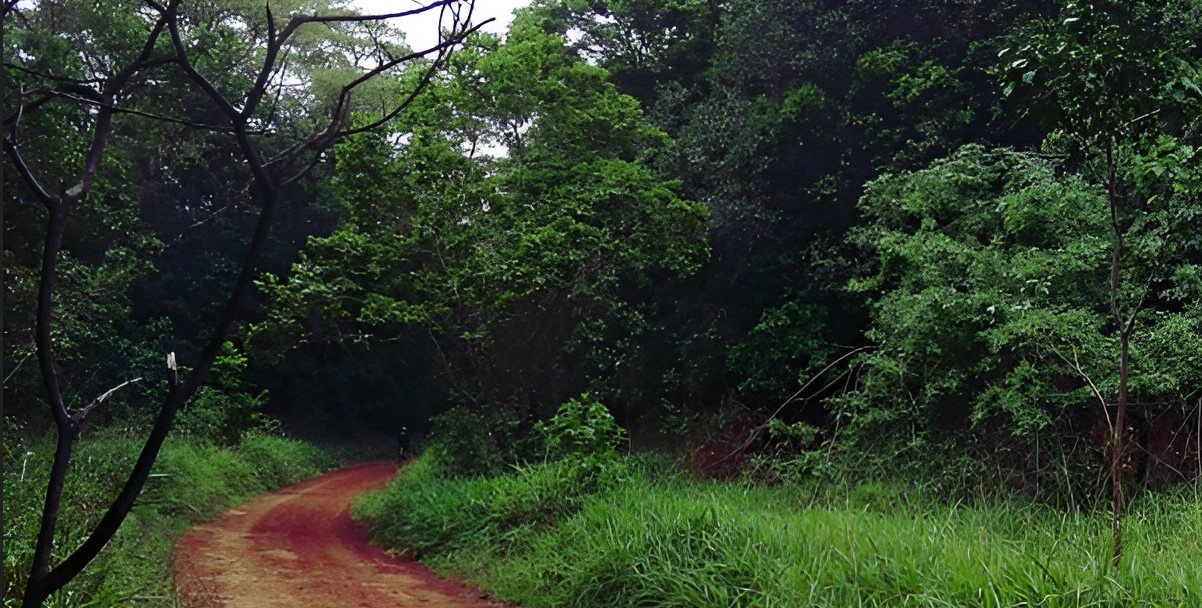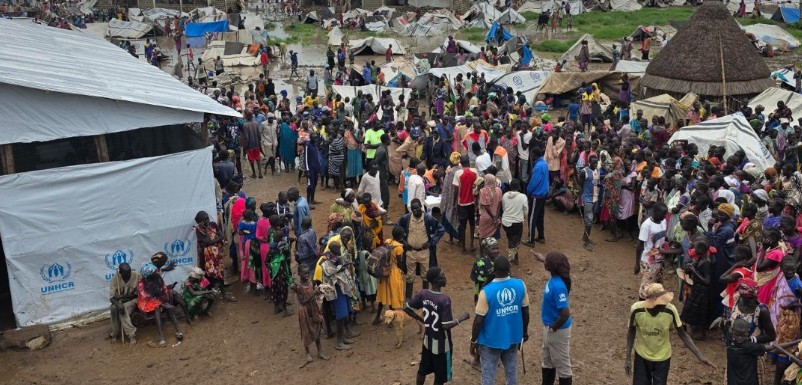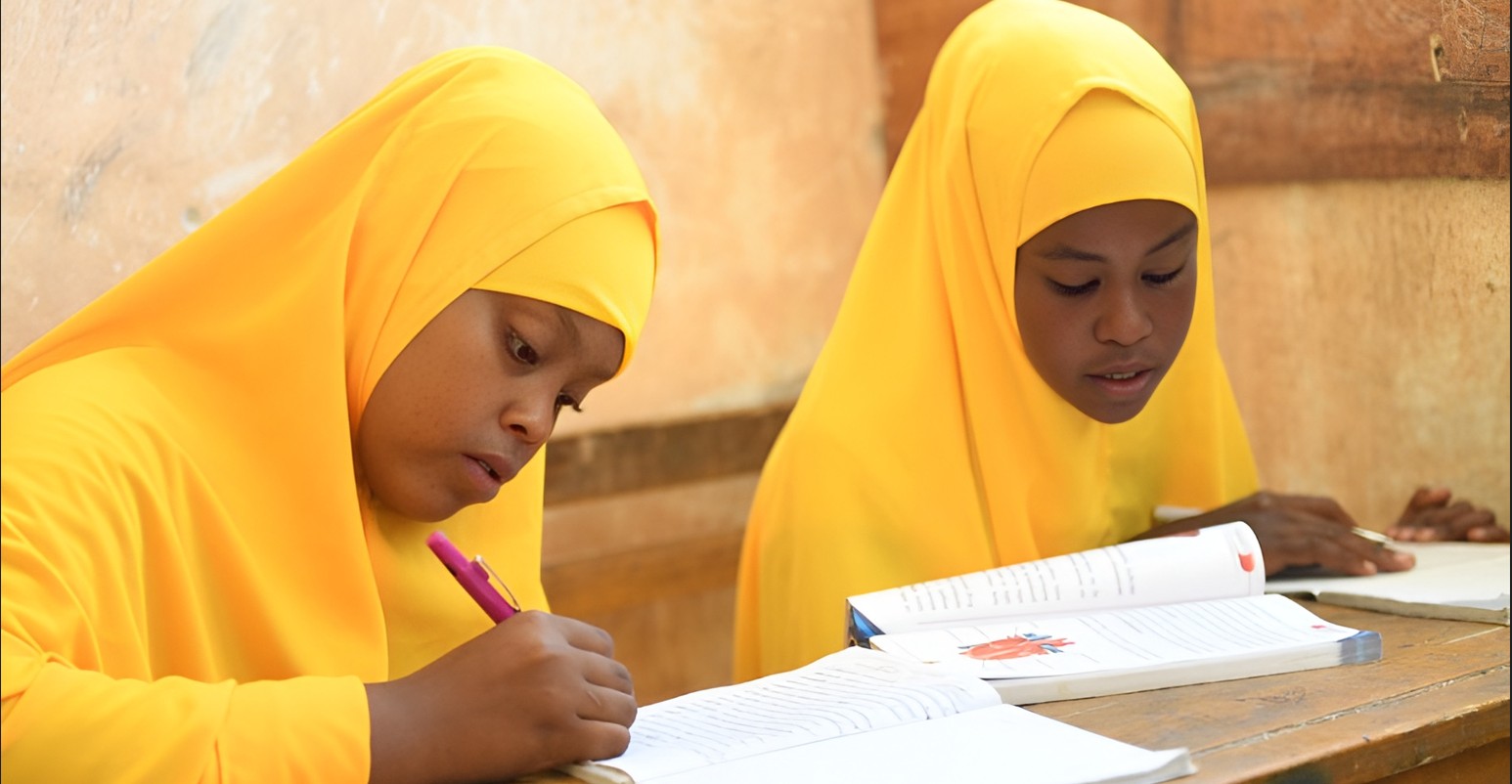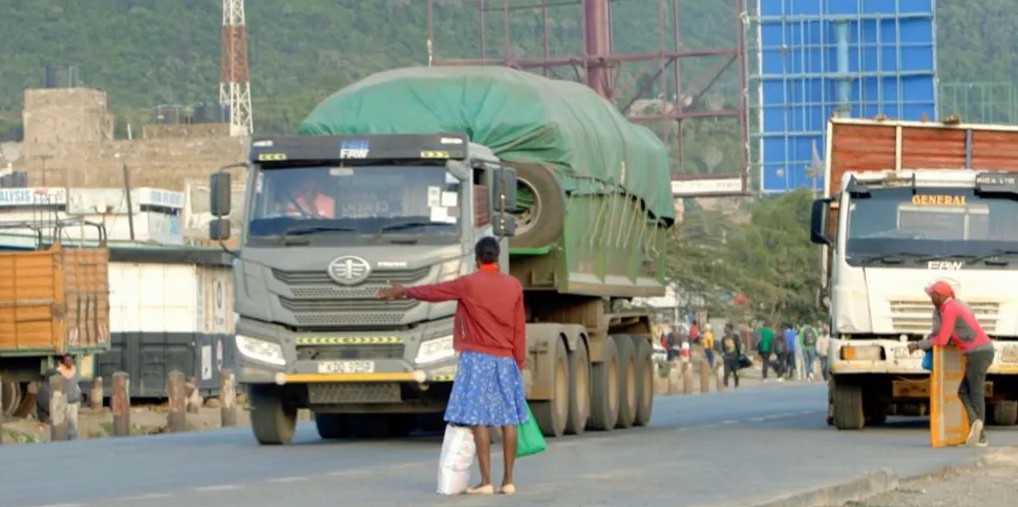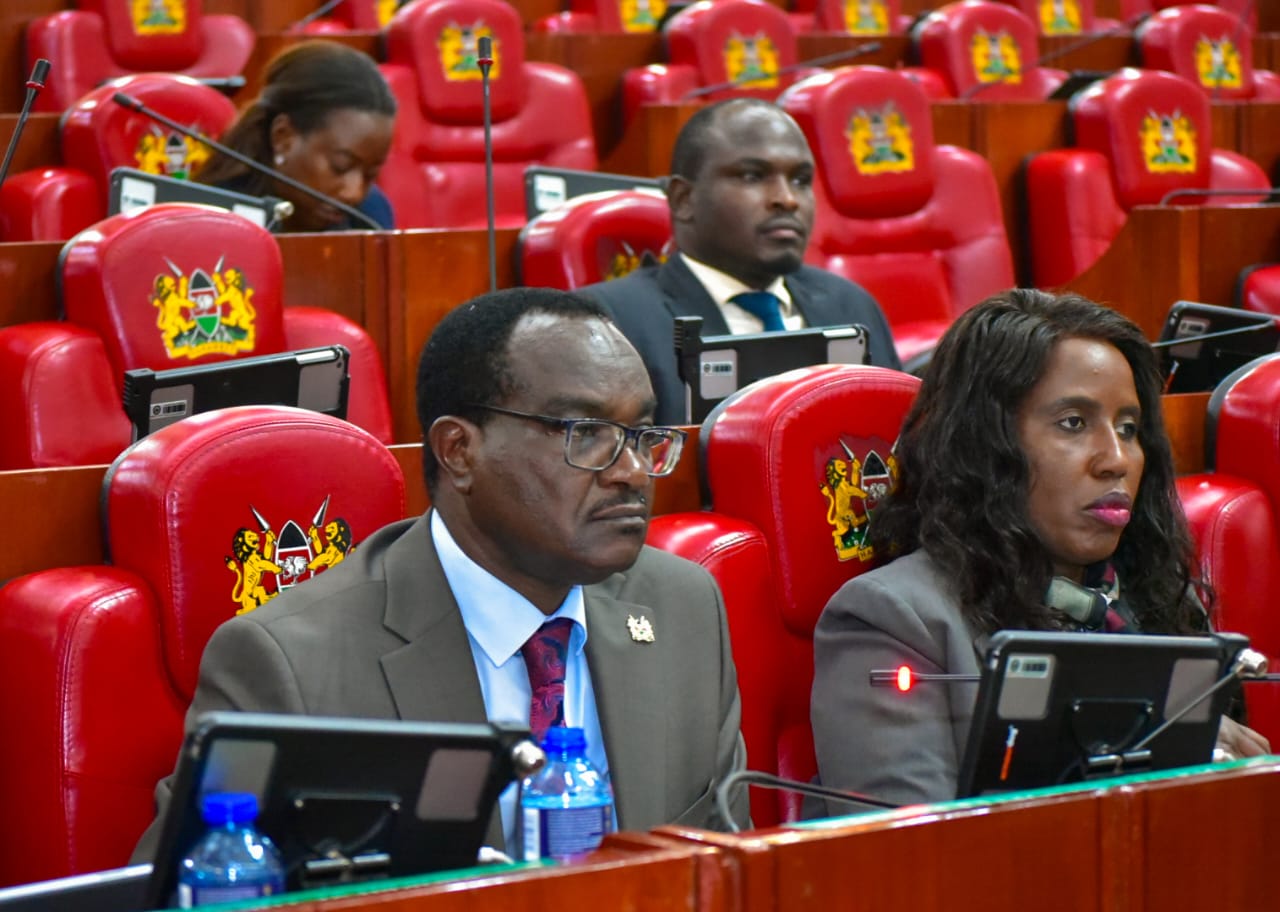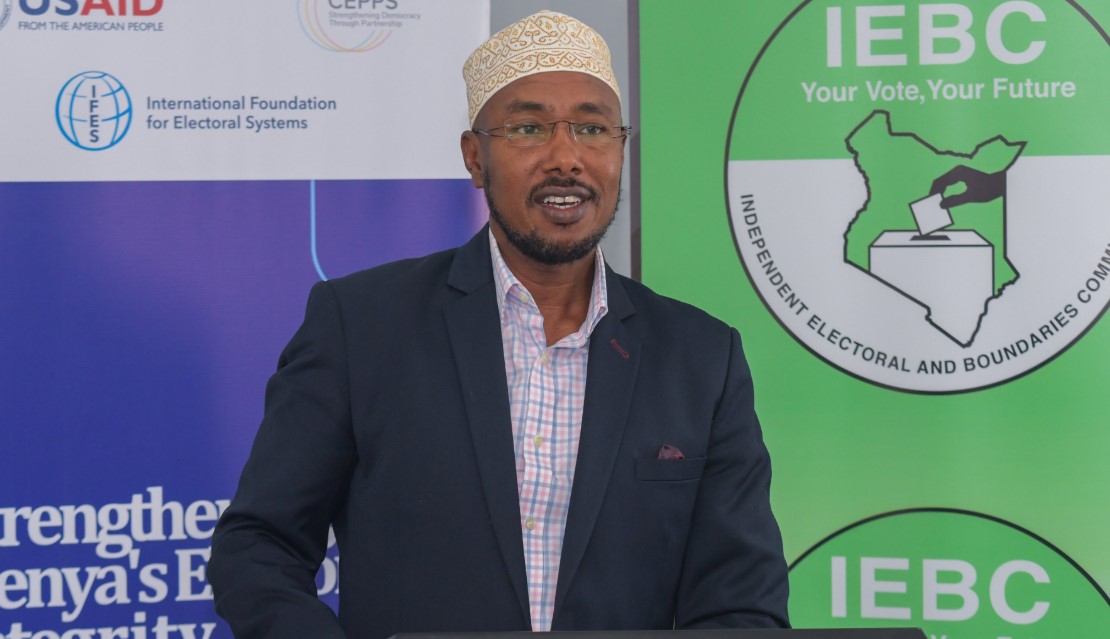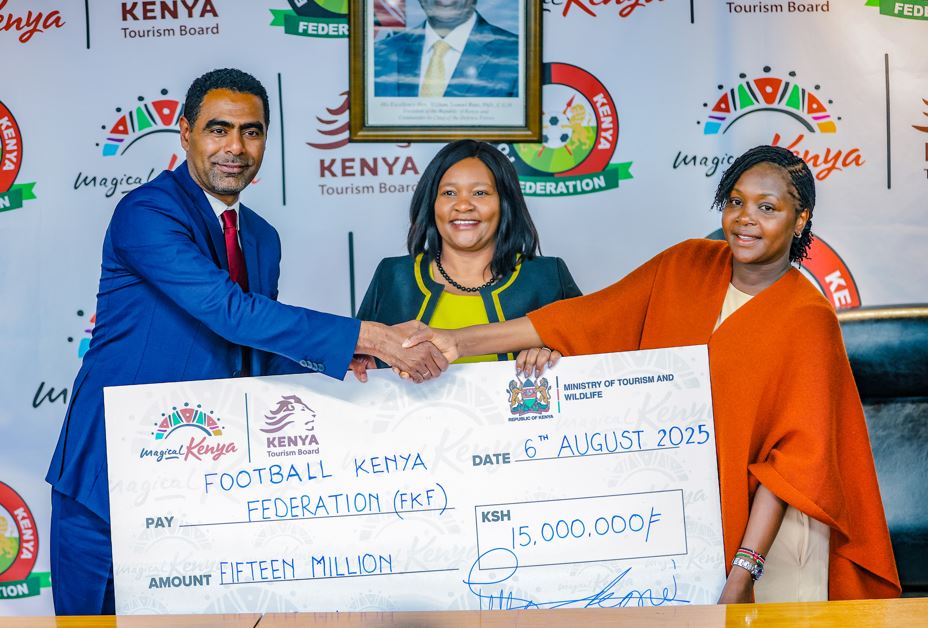Pregnancy without check-ups: The hidden dangers facing women in Nairobi slums
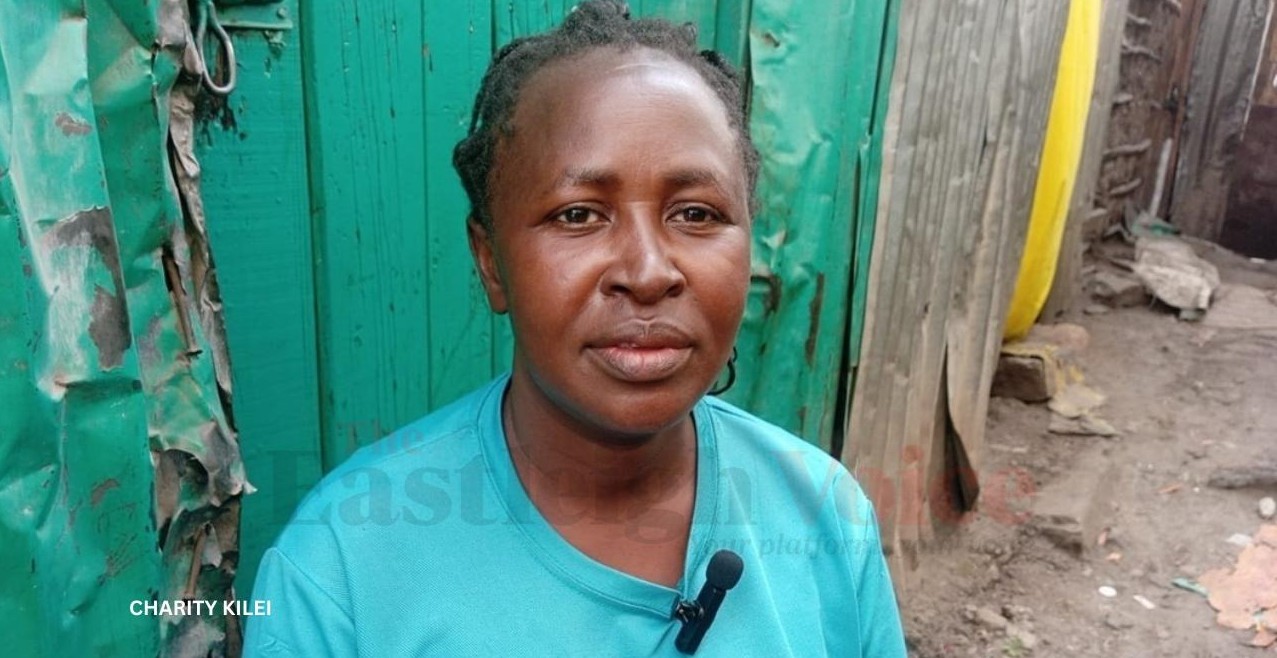
Between weeks 11 and 13, a woman should undergo comprehensive screening, including an ultrasound to monitor foetal development and determine gestational age.
While many women begin antenatal care in their first trimester, that wasn’t the case for Seerah Betty. She started hers when she was already eight months pregnant.
Four years ago, Seerah moved to Majengo in Kamukunji, a densely populated informal settlement in Nairobi.
More To Read
- Kenya losing 10 mothers daily to preventable postpartum haemorrhage, experts warn
- Maternal deaths in Kwale County surge past WHO threshold, prompting urgent calls for action
- African women at higher risk of pre-eclampsia – a dangerous pregnancy complication
- Muslims in Nairobi’s Majengo struggle for Iftar amid harsh economic times
- How Lamu County is succeeding in fight against maternal, newborn deaths
- Drug shortages and struggle for health equity: Kenya's uphill battle to actualise Universal Health Coverage
Far from the familiarity of her home country and arriving in the aftermath of the Covid-19 pandemic, she came alone, without family, support, or a clear plan. When she discovered she was pregnant, her sense of isolation only deepened.
Fearing rejection and discrimination due to her foreign nationality, Seerah kept her pregnancy hidden. She avoided health facilities and stayed under the radar, instead focusing on survival, taking on work as a laundry woman and cleaner, doing any domestic jobs she could find in Majengo’s crowded homes and narrow alleys.
Hospital visit
It wasn’t until her eighth month that Seerah finally sought medical care. A woman she met in the neighbourhood—whom she later referred to as her “sister”—offered to help her navigate the healthcare system. For the first time during her pregnancy, she visited a local hospital.
“As long as the baby was kicking and I felt okay, I believed everything was fine,” she said.
Although nurses explained the risks of delayed antenatal care, Seerah was unsure.
“Even if I had wanted to go earlier, I didn’t know how to go about it—and I was afraid, since I didn’t know the neighbourhood well,” she recalled.
Blood tests were conducted, and she was asked to return for the results. When she did, she was simply told her blood was “fine.” No one clarified what that meant medically, and she received no further guidance. She couldn’t afford a scan or medication, and by that point, she was nearly due.
Healthcare workers warned of risks linked to unmonitored pregnancies, including the possibility of delivering a baby with deformities. But with little support and time left, Seerah left the facility with only the hope that things would turn out well.
Labour
The very next day, in her cramped single-room home, she went into labour.
Without access to an ambulance, her friend searched for a tuk-tuk, but it was too late. Labour progressed quickly, and Seerah gave birth in her room, delivering the baby herself. With no medical help, they cut the umbilical cord using whatever tools were available, fully aware of the risks but without alternatives.
She was unable to access the nearby public hospital, which required either a Kenyan ID or the presence of a spouse, neither of which she had. Alone, undocumented, and locked out of the system, Seerah gave birth outside formal healthcare.
“I didn’t want to worry too much about complications because I didn’t know what to do,” she said. “So I just hoped everything would go well—and thankfully, it did.” She suffered heavy bleeding, but with her friend’s help, she survived.
Barriers
Two days later, realising her newborn needed vaccinations, Seerah again faced barriers. But this time, someone advised her to visit the local chief and request a letter to access public health services.
“I just wish I had known I could do that before giving birth at home,” she reflected.
Her baby eventually received the vaccinations, and for that, she was grateful.
“I just didn’t know what to do earlier,” she said quietly.
Seerah was never screened for anaemia, blood pressure issues, or gestational diabetes—conditions she had never even heard of.
All she knew was that she was pregnant and prayed for a safe outcome. Her child, now four years old, is healthy and thriving. Still, Seerah hopes that no hidden health issues emerge down the line.
Just a short distance from Seerah’s home, Tessie Nabukeera faced a similar experience. When she learned she was pregnant, she had no formal medical advice, no scheduled antenatal visits, and no one to guide her through the risks of pregnancy.
In her community, medical advice typically comes from neighbours and older women, many of whom also begin seeking care late in pregnancy.
“The only thing I remember being told was to eat a lot of fruits and beetroot. They told me I didn’t have enough blood, and that beetroot would help.”
Though she had her blood tested and was prescribed medication, she relied more on traditional remedies recommended by women in her neighbourhood—kienyeji medicines thought to boost blood and lower pressure.
She was told she had “low blood,” but no one explained what that meant or what symptoms to look out for. She gave birth safely but lost a lot of blood and remained weak for weeks afterwards.
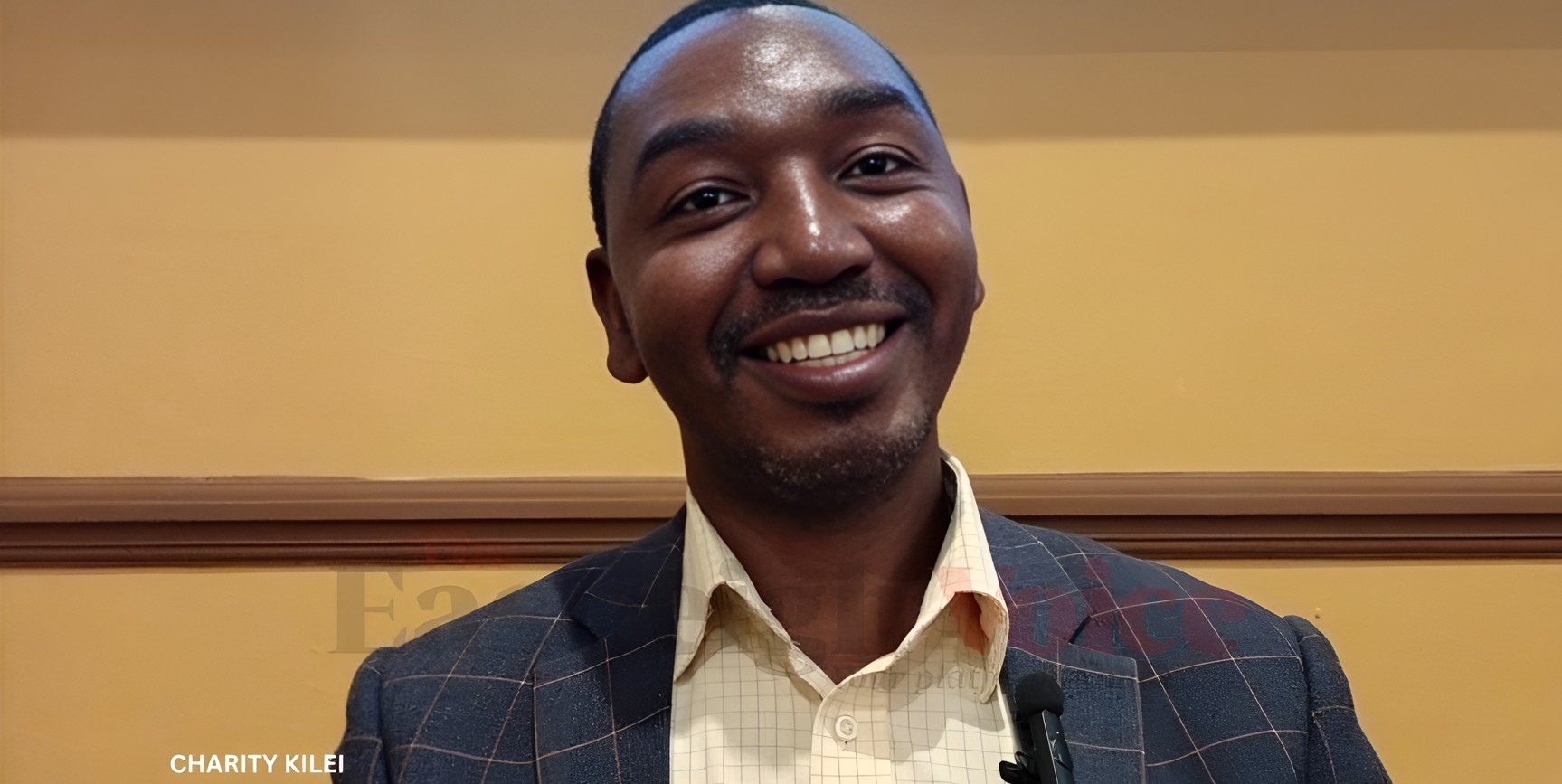 Dr Richard Mogeni, an obstetrician and gynaecologist at Moi Teaching and Referral Hospital. (Photo: Charity Kilei)
Dr Richard Mogeni, an obstetrician and gynaecologist at Moi Teaching and Referral Hospital. (Photo: Charity Kilei)
Why antenatal care matters
Dr Richard Mogeni, Head of Maternal and Foetal Medicine at Moi Teaching and Referral Hospital (MTRH), has seen many avoidable situations become dangerous due to missed antenatal care.
“It is very wrong for any mother to go through pregnancy without antenatal care,” he said, noting that the World Health Organisation now recommends eight visits instead of four, based on evidence showing improved outcomes for both mothers and babies.
He stressed that antenatal care should start even before conception.
“Before you even conceive, you should see a doctor to make sure your body is in the right condition. If your blood levels are low, we can correct that. If you’re living with conditions like diabetes or hypertension, we can help bring those under control. And if you’re on medication that’s not safe during pregnancy, that needs to be addressed before conception.”
He advises women to seek medical attention within two weeks of a missed period. A scan at that stage can confirm a viable pregnancy and rule out complications such as ectopic pregnancy—a life-threatening condition if undetected.
Between weeks 11 and 13, a woman should undergo comprehensive screening, including an ultrasound to monitor foetal development and determine gestational age. Other important tests include HIV, syphilis, tuberculosis, blood sugar levels, urinalysis for UTIs, and blood group testing.
By 20 weeks, a detailed scan evaluates the baby’s growth and checks for abnormalities. At 32 weeks, doctors examine the placenta’s position, critical for identifying placenta previa, which can cause life-threatening postpartum bleeding. At 36 weeks, doctors assess the baby’s size and position to plan for a safe delivery.
Antenatal care also helps detect conditions like anaemia and multiple pregnancies, which require special attention.
The hidden threat of anaemia
National health data shows that 35–45 per cent of pregnant women in Kenya suffer from anaemia, with many unaware of their condition. It’s caused by poor nutrition, infections, blood loss, and inadequate access to healthcare.
Anaemic women face a higher risk of postpartum haemorrhage (PPH)—currently the leading cause of maternal deaths in Kenya, accounting for 34–40 per cent of all maternal fatalities.
Fatigue, dizziness, and breathlessness are common symptoms, but are often mistaken for normal pregnancy discomforts. Without proper testing, anaemia frequently goes undiagnosed until severe complications arise.
Anaemia increases the risk of low birth weight, premature delivery, stillbirth, and impaired brain development in babies. Left untreated, it also weakens immunity, causes long-term fatigue, and raises the risk of future pregnancies.
Tackling anaemia requires routine screening, iron and folic acid supplements, nutrition education, malaria prevention, deworming, and stronger maternal healthcare systems.
For women like Seerah and Tessie, improved access to early antenatal care and community health awareness could mean the difference between fear and safety, crisis and care, and ultimately, life and loss.
Top Stories Today


